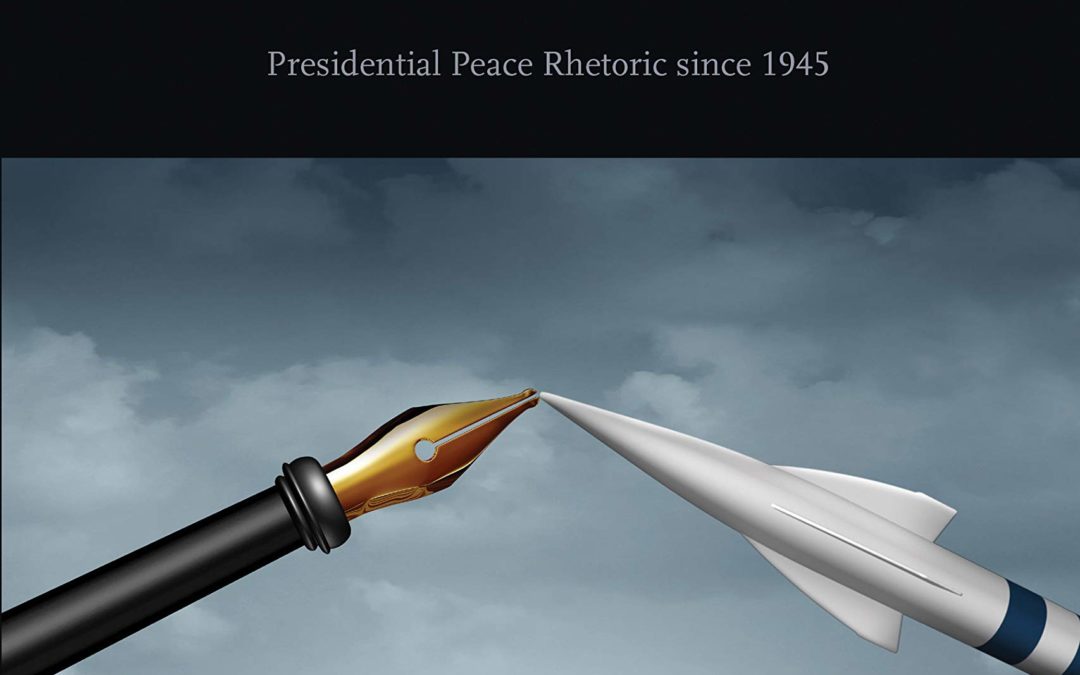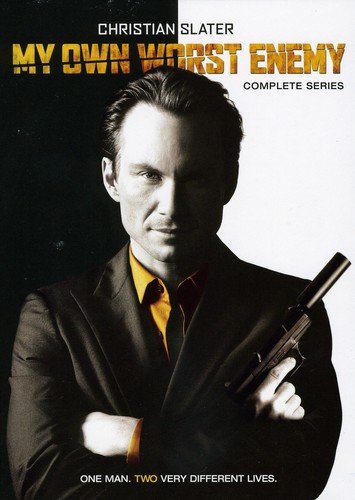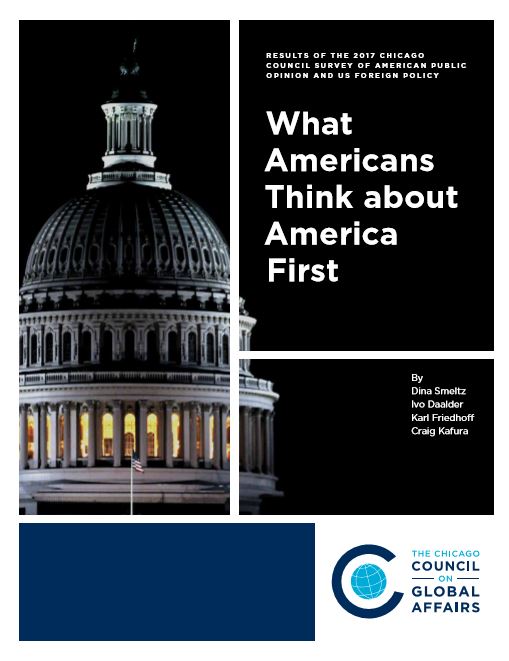There is more continuity in the history of U.S. military basing policy than is typically assumed.


There is more continuity in the history of U.S. military basing policy than is typically assumed.

What if how presidents talk about ending wars contributes to the cycle of U.S. military intervention? Stephen J. Heidt answers 6+1 questions about his new book.

Simple steps to promote qualitative research in journals It happened again. After months of waiting, you finally got that "Decision" email: Rejection. That's not so bad, it happens to everyone. But...

Why and how do authoritarian regimes manage their image abroad?

Today’s headlines in several international newspapers had to struggle with too many possessive male noun forms: Putin’s mentor’s daughter Ksenia Sobchak announced that she would run for Russian Presidency next year. Russia's Got Talent! Not that the Kremlin thought that the upcoming ‘Putin referendum’ is in Jeopardy! The main contender Navalny is currently contemplating whether orange is the new black and will probably not get on the ballot anyway. The usual suspects (such as Zyuganov and Yavlinsky) have been trying to get that rose from the Russian population for too many seasons. Given...

“The women who accused Harvey Weinstein did not act as women. Because sexual harassment - well, that's great, honestly. And if you have a role, what difference does it make how you got it. […] In general, how can a man be accused of sexual harassment, is it not what he exists in this world for? If he has the power that he uses in this way, that's good. It's wonderful when a man who has so much power is sexually harassing you, isn’t it?” No, it isn’t. But that is what a relatively famous Russian actress Lyubov Tolkalina had to say about the Hollywood scandal. Even though in the same article...

This post comes from Bridging the Gap co-director Bruce W. Jentleson[*], Professor of Public Policy and Political Science at Duke University. “Not much” and “less and less” is What Americans Think About America First, as documented in the latest Chicago Council on Global Affairs public opinion report.[†] That’s somewhat reassuring. But only somewhat. On one America First issue after another, the data show limited and declining support. On the general issue of maintaining alliances, 49% support compared to 38% who oppose. On NATO, 69% see it as essential to American security and 53% say it...
A friend posted this piece on facebook: "Why Nerds Should Not Be In Charge of War." It draws from the new PBS Vietnam War documentary by Ken Burns and Lynn Novick to argue that it happened because of the prominent role played by "generalists." Yes, Robert McNamara and his gang of Whiz Kids are mighty arrogant, and they have much blame to share for the war. Indeed, McNamara, unlike certain other arrogant former SecDefs, has spent the time since trying to grapple with what he had wrought. There is something to the idea that we need folks involved who are regional experts. Indeed, there...
This is a guest post by Erik Goepner, a visiting research fellow at the Cato Institute. During his earlier military career, he commanded units in Afghanistan and Iraq. He is currently a doctoral candidate at George Mason University, and his main research interests include civil war, trauma, and terrorism. Post-traumatic stress disorder afflicts 11 to 20 percent of U.S. military members after they serve in Afghanistan or Iraq. The military expends significant effort to provide them with needed care. Commanders move the psychologically injured out of the combat zone. Medical and mental health...
A colleague asked me if there will be war between the US and North Korea. I said maybe, which is pretty damned scary, given the likely consequences. Why am I worried? Basically for two reasons that intersect in bad ways, besides the Trumpiness and KJU-ness factors: the US seems awfully confident that they knew where the line is between what North Korea will perceive as an exercise and what NK will perceive as the start of an attack Escalation Ladders are finite. This weekend, the US sent some bombers and fighters to fly near North Korea but not over it. How do they know the North Koreans...

Today we begin the Bridging the Gap "Book Nook," a series of short videos describing new books by scholars in the BTG network. For the first entry, our very own Brent Durbin discusses his book, The CIA and the Politics of US Intelligence Reform (Cambridge, 2017). (We hope to do a bunch of these, and we would welcome any thoughts on how to improve the format!)
This is a guest post by Sahar Khan, a visiting research fellow in the Cato Institute’s Defense and Foreign Policy Department. Sahar holds a PhD in political science from the University of California, Irvine. Follow her at @khansahar1. The Third World Quarterly (TWQ), a reputable academic journal in international studies, is currently under fire by academics including Ducks. In its latest issue, it published an article titled “The Case for Colonialism” by Dr. Bruce Gilley of Portland State University. In this article, Gilley calls for a return of colonialism, citing the benefits of a...